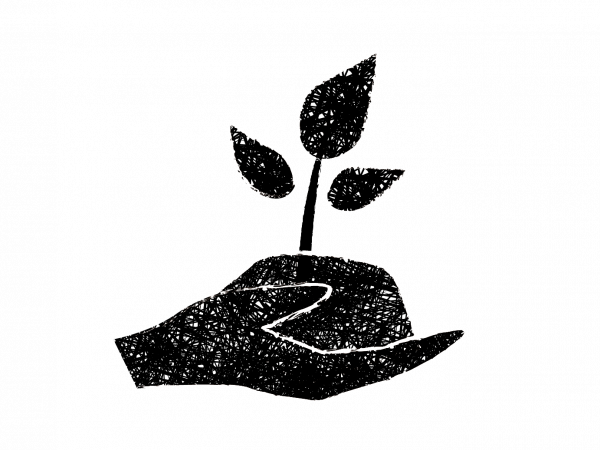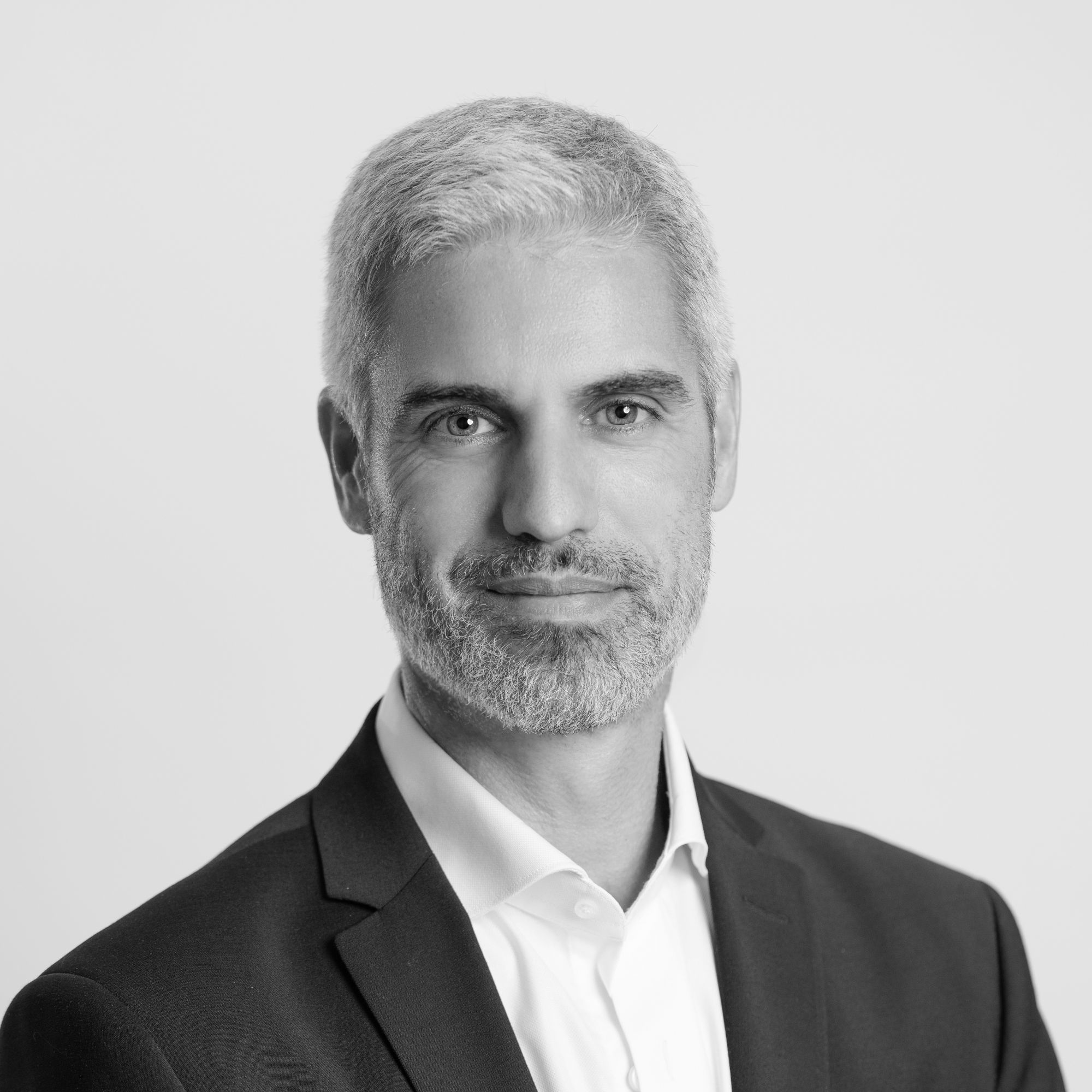- Home
- EN
- Our impact
- ProspeKtive
- The building of tomorrow will be

The building of tomorrow will be
March 2021
Expert
Creating virtuous cities and buildings for human health and the environment is a major real estate issue. A complex subject, both technical and human, which Kardham has seized upon to change the market.
Interview with David Habrias in the magazine in interiors # 14 of Business Immo.
Imagine the building of tomorrow. This is the interdisciplinary reflection carried out by our Research and Development team, with the desire to provide concrete solutions to effectively respond to the ecological and health challenges of the sector.
The group's environmental studies office digs into the technical aspects of the impact of construction methods. Indeed, while the health crisis highlights the health issues, the design of frugal real estate, without impact on man or on the planet, is essential as a major axis of development of the act of building. . By bringing together virtuous practices, Kardham wants to help create “healthy” and ergonomic buildings integrated into the city and respectful of their environment.
Preserving the health of users
In a pandemic context, the tertiary sector is particularly concerned with preserving the health of its users, but also their well-being in the office. Many employees hesitate to return to their workplace because they are afraid for their health. At the same time, others suffer from teleworking and wish to be able to return to their premises. For this reason, the projects carried out on the quality and treatment of air, in particular air conditioning and ventilation systems, the use of virucidal materials or even better management of flows and counting of users of a building, are essential to ensure the safety of occupants and improve the perceived quality of life at work.
Another emerging practice: biophilia and the integration of plants in the building which results in specific work on exteriors, such as balconies, terraces, green roofs (fifth facades), but also inside offices . These trends merge in a general need to re-enchant the city.
Towards a frugal building
The “healthy” building thus brings together human and environmental interests. The use of low-emissivity building materials fulfills the dual function of harming neither its occupants nor the environment, on condition that the issue is considered globally, in particular by favoring local sectors to limit the carbon impact. Thinking of a frugal architecture implies weighing the risk and the benefit, because there are inevitably tensions between improving the comfort of the occupants and ecological concerns. It is our role to arbitrate between various sometimes contradictory considerations and to apply a fine analysis grid and adjusted to each issue of place, space and destination of buildings ".
The reuse of materials is also becoming an essential criterion of green real estate, leading, in its wake, to a real revaluation of buildings at the end of their life, considered as material mines for future sites. A logic of systematic recycling which will upset construction methods as well as the value chain of the sector.
The potential of digital
These architectural revolutions are based on an acceleration of the digitization of buildings. With the massive telework recommended in the tertiary sector, against only 7% before the pandemic, “flex-office” solutions have become widely democratized over the past ten months. Digital tools facilitate the implementation of a secure and “contactless” journey within office buildings. The automation of a certain number of functions (elevator, opening of doors, reception of visitors, etc.) and the management of building data allow managers to better organize collective spaces and anticipate their occupancy. The capabilities of the "augmented building" are tremendous performance levers and open up an extraordinary field of possibilities while taking user behavior into account ”.
The Kardham Digital unit, the first digital services company in France dedicated to human journeys in the building industry, is exploring these avenues for the future to build, from today, the real estate of the future.
Release date: March 2021



